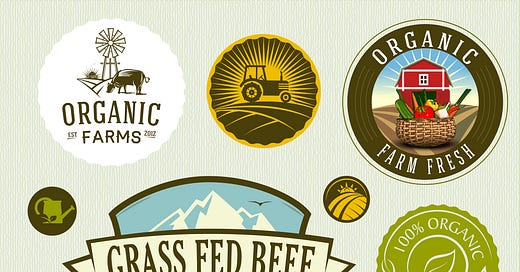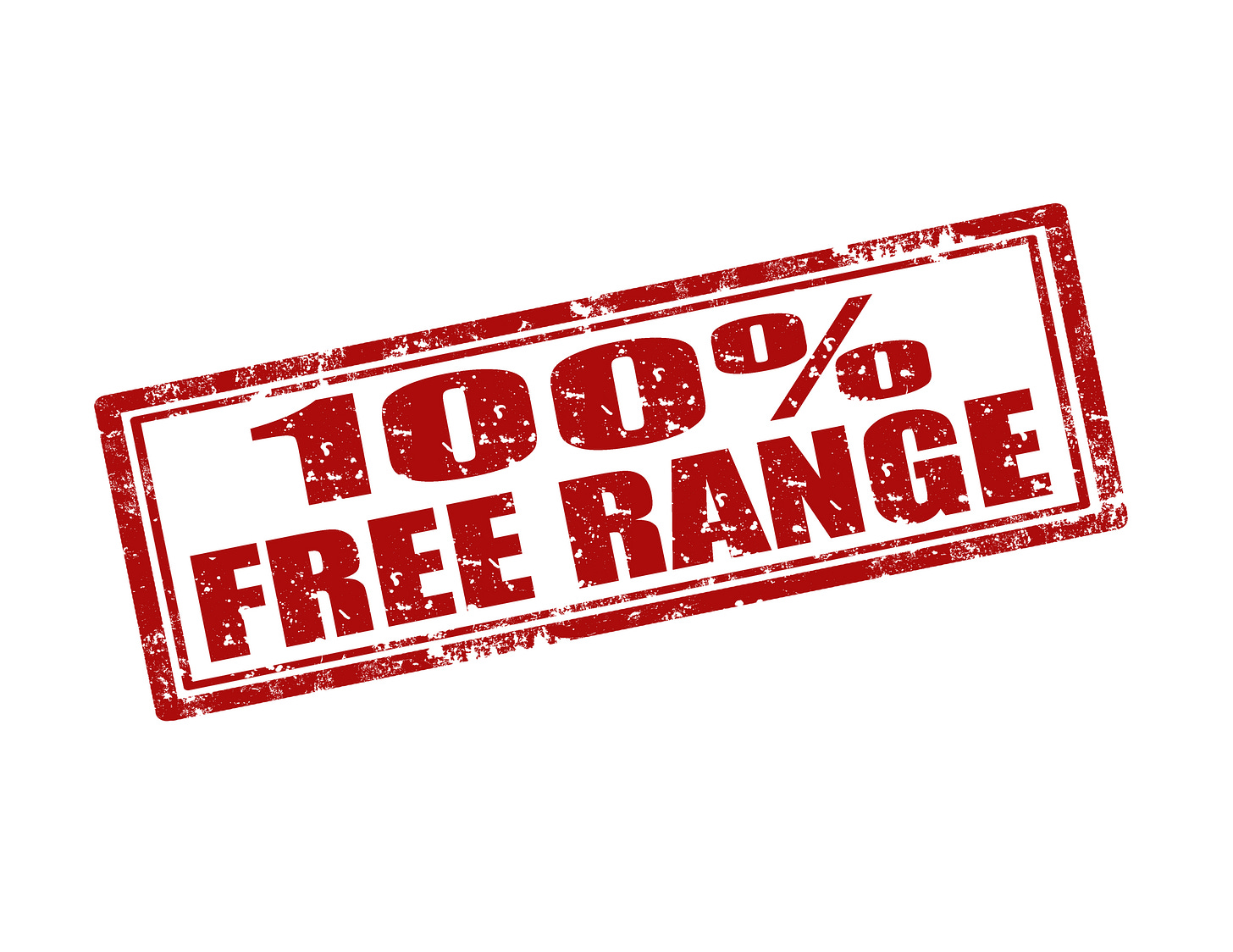Beyond the Buzzwords: Why "Sustainable" and "Ethical" Meat Miss the Mark
Cognitive Dissonance and the Power of Labels
In today's conscious consumer landscape, "grass-fed" and "free-range" labels hold immense sway. Consumers seeking ethical and sustainable food trust these labels to guide their choices. However, the reality behind these buzzwords often paints a far less flattering picture than the idyllic images they conjure.
The Grass-fed Illusion: Not All Green Pastures Are Equal
While "grass-fed" evokes images of happy cows frolicking on verdant meadows, the reality is often less pastoral. Many animals labeled "grass-fed" spend a significant portion of their lives in confined feedlots, fed grains to fatten them up before slaughter. This negates much of the environmental benefit associated with grass-fed production. Additionally, research suggests that the environmental impact of grass-fed beef may not be significantly lower than conventional beef, especially when considering factors like land use and greenhouse gas emissions.
Free Range: A Misleading Facade for Confined Lives
Similarly, the "free-range" label is shrouded in ambiguity. While it implies access to the outdoors, the definition of "access" is often vague, ranging from a barren patch of dirt to a limited outdoor space. Even with outdoor access, the majority of the animals' lives are spent indoors in cramped and often unsanitary conditions. These opaque living conditions make it impossible to assess the true level of animal welfare associated with "free-range" meat.
Cognitive Dissonance and the Power of Labels
The prevalence of misleading labels like "grass-fed" and "free-range" contributes to the psychological phenomenon of cognitive dissonance. This occurs when individuals hold conflicting beliefs or ideas, causing discomfort. In the context of meat consumption, this might involve enjoying the taste of meat while also harboring ethical concerns about animal welfare and environmental impact. These labels act as a psychological buffer, allowing consumers to reconcile their conflicting beliefs and continue consuming meat without guilt.
Beyond Meat: Embracing a More Sustainable and Ethical Future
The inherent limitations of "sustainable" and "ethical" meat labels highlight the need for a fundamental shift in our approach to food. By embracing plant-based alternatives, we can make a significant positive impact on the environment, animal welfare, and our own health. Plant-based meats offer comparable taste and texture to their animal-derived counterparts while eliminating the ethical concerns and environmental footprint associated with traditional meat production.
Moving Beyond Labels: Embracing Transparency and Informed Choices
While certifications like Certified Humane Raised and Pasture-Raised Organic offer some level of transparency, they still fall short of addressing the inherent problems of animal agriculture. The most effective way to ensure truly, ethical and sustainable food choices is by embracing a plant-based lifestyle. By doing so, we can move beyond misleading labels and create a future where all beings thrive.
Additional Resources
By looking deeper into, and recognizing the limitations of "sustainable" and "ethical" meat labels, we can open the door to a more compassionate and sustainable future for all.
Embracing plant-based alternatives allows us to match our food choices with our values and create a world where ethical and environmental considerations are paramount.
Get my new booklet ‘‘25 Vegan Myths Debunked!’’
This concise guide is invaluable for anyone curious about veganism, offering evidence-based insights and practical guidance to navigate vegan living confidently. All proceeds benefit the promotion of animal rights worldwide!
Visit Our Amazon Store!
Notice: As an Amazon Associate, we earn a commission from qualifying purchases that help promote animal rights worldwide!
General Resources
Books:
Dominion: The Power of Animals in Nature and in Our Imagination by Matthew Scully
Animal Liberation by Peter Singer
Eating Animals by Jonathan Safran Foer
A Billion Hungry Mouths: Feeding the World Without Consuming the Planet by Colin Tudge
Websites and organizations:
Documentaries:
Articles:
"The Case for Animal Rights" by Tom Regan
‘‘Why We Love Dogs, Eat Pigs, and Wear Cows: An Introduction to Carnism’’ by Melanie Joy
‘‘Animal Rights: The Abolitionist Approach’’ by Gary L. Francione
‘‘Fellow Creatures: Our Obligations to the Other Animals’’ by Christine Korsgaard
Seeds of Compassion: Finding Jesus Christ in a Vegan World by Michael Corthell
Receive a single informative article daily at 12:01 AM by email. Explore my homepage with exciting vegan and plant-based news content and delightful and delicious recipes for additional updates. Stay connected to the vegan world and all it has to offer.
Visit The Vegan Project Global our Facebook page for more vegan outreach and education.
The information on this vegan/plant-based blog is for general informational purposes only. It is not intended as legal, medical, or professional advice. Readers should consult with appropriate professionals for specific advice tailored to their situation. The blog owner is not responsible for any reliance on the information herein.







Excellent, highly-valuable information regarding the critical importance of Veganism that empowers one to make appropriate, highly-ethical dietary choices. Thank you.